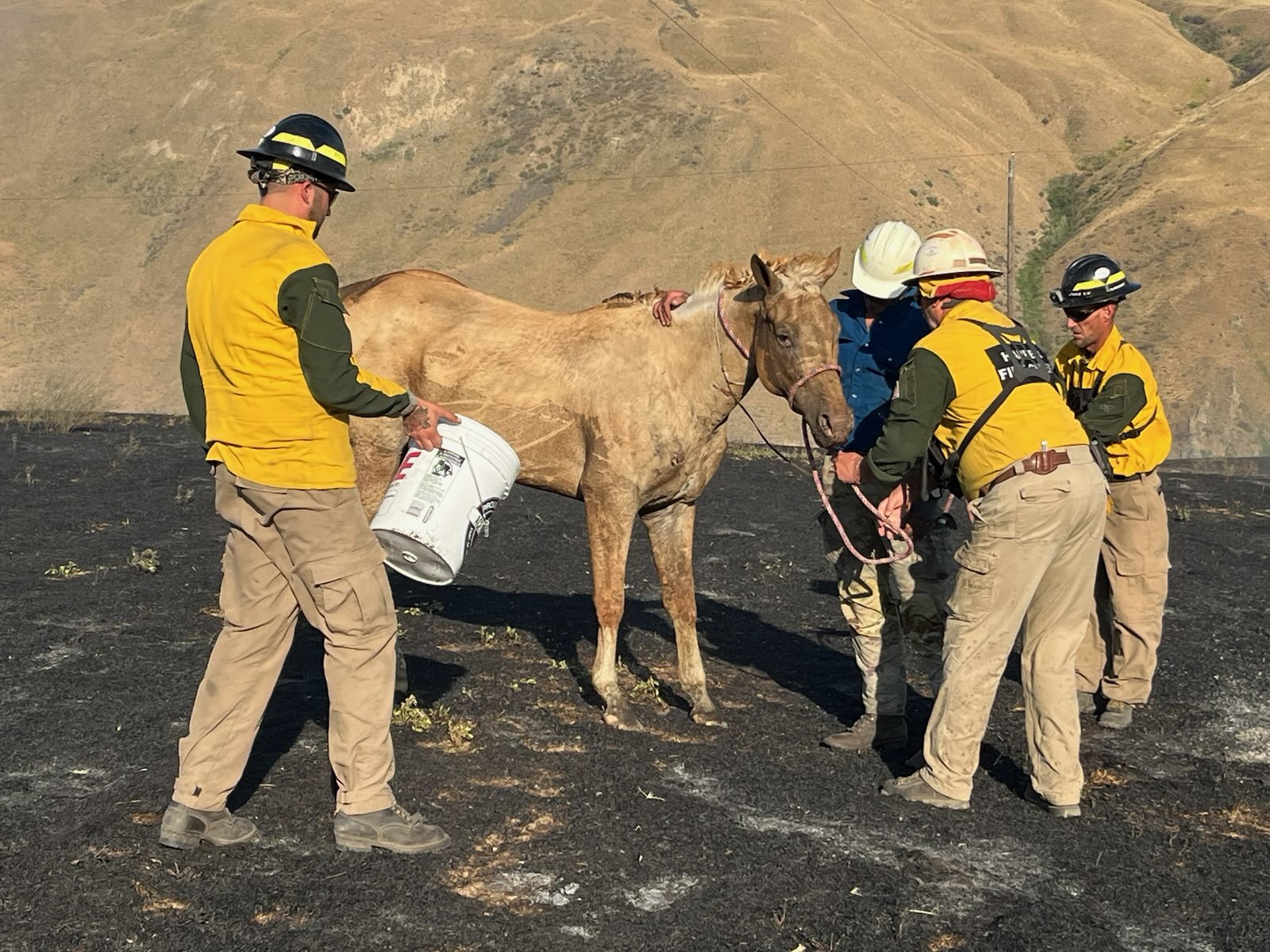COLUMN: Changing hearts, minds harder than changing law
Published 3:18 pm Friday, June 5, 2020
The struggle that black Americans endured to achieve basic civil rights was long and bloody, a period marked by some of our country’s greatest moments, and some of its more shameful.
Trending
There was the majesty of Martin Luther King Jr.’s rhetoric.
And the simple dignity of Rosa Parks.
But also there was the horror of Emmett Till’s murder, the brutal stupidity of Bull Connor’s fire hoses and attack dogs.
Trending
And yet, more than half a century after such landmarks as Brown v. Board of Education, the Civil Rights Act and the Voting Rights Act, I wonder whether America’s current challenge with racial injustice isn’t even more daunting than what King and so many other brave and dedicated people confronted in the 1950s and 1960s.
Here’s why I wonder:
Their goals included specific legal milestones, and that made it comparatively easy to measure progress. A law either exists or it does not.
But the problems that continue to plague America are problems that lurk in the hearts and minds of people, and those have proved to be remarkably resistant to legal remedies no matter how well-conceived or rigorously enforced.
Before Congress passed the Civil Rights Act in 1964, black Americans and other minorities could be legally banned from public accommodations and discriminated against when they looked for work.
The federal law changed that.
Before the Supreme Court ruled in Brown v. Board of Education in 1954, public schools could be legally segregated.
The court’s ruling changed that.
Before Congress approved the Voting Rights Act in 1965, it was relatively easy, and legal, to suppress voting by requiring, among other obnoxious practices, some voters to pass literacy tests before casting their ballot.
I don’t mean to imply that these laws and legal precedents immediately solved the problems that prompted their creation, or have had that effect in the years and decades since.
But they were still significant steps.
They created a legal framework for people to challenge, and sometimes to triumph over, those people and institutions that continued to try to discriminate against citizens.
Yet for all the progress we’ve made in the pages of statutes and in the annals of court decisions, the stain of bigotry still mars the fabric of American society.
And rarely if ever over the past half century has that stain been as conspicuous as during the days since Minneapolis police officer Derek Chauvin kneeled on George Floyd’s neck for more than 8 minutes during a May 25 arrest, killing Floyd.
In some important ways this has been decidedly different from, say, the Rodney King episode in Los Angeles in 1992 with its inexplicable acquittals of police officers who beat King.
Chauvin, by contrast, was fired almost immediately. He was arrested soon thereafter, charged initially with third-degree murder and then, on Wednesday, with second-degree murder. The more serious charge was expected, as the video of Chauvin kneeling on Floyd’s neck, combined with the autopsy findings that his death was a homicide, constitute compelling evidence that this was far from an unavoidable accident resulting from the proper use of police tactics. The three other officers involved in Floyd’s arrest were also fired, and on Wednesday all three were charged with aiding and abetting second-degree murder and second-degree manslaughter.
But the swiftness with which the justice system has moved against Chauvin and the other officers didn’t assuage the anger that has prompted demonstrations in cities across the country.
Protesters — and I distinguish between the majority who pursue a righteous cause and those who pervert that cause by using it as an excuse to burn, pillage and steal — have raised legitimate concerns that highlight the still yawning racial divide in America.
At the heart of this divide is the reality that black Americans are disproportionately affected by a myriad of societal and health problems, ranging from arrest and incarceration rates to the incidence of diabetes and heart disease.
But those are mere statistics. They are only a numerical way to restate the problem.
I don’t believe it’s possible to conclude, with any sort of precision, how much of this problem is caused by a pervasive, even institutional, racism.
It’s obvious, however, that many Americans do believe wholeheartedly that the situation is causal rather than correlative — that racism continues to erode the principles on which our nation was founded, as acid inexorably weakens even the strongest steel.
The vexing question then, it seems to me, is how we as a society can address that situation. Repeating the problem will keep the flames of anger flickering but it does nothing to proffer a solution. And that brings me back round to my comparison between laws on the one hand, and hearts and minds on the other.
I’m skeptical that we can pass laws which could conceivably prevent the next Derek Chauvin from slamming his knee down on the next George Floyd’s neck.
Indeed, we already have laws against such crimes — laws that led to the murder charge against Chauvin.
But how do we change the hearts and minds of people who believe that black Americans, or gay Americans, or any other group that is a minority solely because of their race or gender or preferences in wholly private matters, is somehow less than equal, less deserving of the same treatment under law that’s supposed to be guaranteed to each of us?
How can we know who those people are? Moreover, how can we begin to gauge the extent to which their personal beliefs — which in many cases surely are intensely private beliefs, ones that people would never admit even to their confidantes — are contributing to the flaws of a society in which Derek Chauvin kneels on George Floyd’s neck?
Perhaps police departments can change their recruiting policies to improve the odds of identifying the likes of Chauvin before they don a uniform.
We certainly should try to take such concrete, life-saving steps.
But even if we can weed out some police officers who might be prone to acting murderously, we will hardly have changed society at the fundamental level, as many people contend we should do.
If this noxious infestation has as deep a taproot as some believe, then I doubt it will succumb to half-hearted measures any more than a dandelion will yield to a gentle tug.
For this immense challenge I have no answers.
No solutions.
What I can do is what I have tried to do, which is to instill in those few people over whom I might have some lasting influence — my children — the notion that we are all equal.
That each of us has a name and a favorite color and a preferred flavor of ice cream, and that all of those things, and thousands more besides, are infinitely more important than the amount of melanin in our skin.
Jayson Jacoby is editor of the Baker City Herald.









